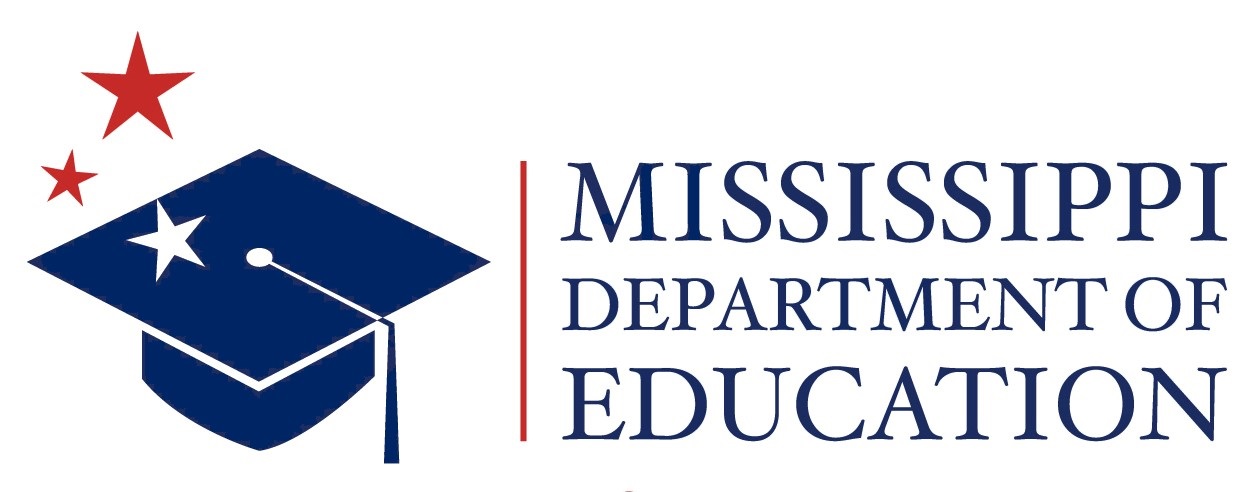Frequently asked questions
We have captured many frequently asked questions (FAQ) regarding the different meal programs and services offered by our office. These questions are grouped by programs or services. Please select the program or service that you want to view. This section will be updated with additional questions and answers based on conferences and calls to our Help Desk.
Child and Adult Care Food Program
What is the Child and Adult Care Food Program?
The Child and Adult Care Food Program (CACFP) helps child and adult care institutions, and family or group day care homes provide nutritious foods to young children, at-risk youth, and adults who are chronically impaired.
Who administers the CACFP?
The U.S. Department of Agriculture’s (USDA) Food and Nutrition Service (FNS) administers CACFP through grants to States. State agencies administer CACFP through agreements with child and adult care institutions. In Mississippi, the Mississippi Department of Education’s Office of Child Nutrition administers the program.
How does the CACFP work?
Child care centers, adult day care centers, family day care homes, afterschool care centers, and emergency shelters receive cash reimbursement for serving meals and snacks that meet Federal nutritional guidelines to eligible children and adult participants. In general, centers and day care homes may be approved to claim reimbursement for serving up to two meals and one snack, or two snacks and one meal, per day to each eligible child or adult participant.
Meals served to children in centers are reimbursed at rates based upon a child’s eligibility for free, reduced-price, or paid meals.
In day care homes, all meals are served free of charge. Day care home providers who serve children in low-income areas or meet low-income eligibility requirements themselves receive higher levels of reimbursement.
How can children and adults participate in the CACFP?
Infants and children through age 12 in child care centers and day care homes are eligible to participate in CACFP. Adults who are 60 years or older, or are physically or mentally impaired, and enrolled in adult day care are also eligible for CACFP.
In afterschool care centers and emergency shelters, children through age 18 are eligible for free meals and snacks.
How does the CACFP impact communities in the United States?
In Fiscal Year 2019, USDA reimbursed $3.7 billion to institutions participating in CACFP. In Fiscal Year 2019, CACFP provided meals to 4.5 million children and 137,000 adults each day. CACFP provided 2.05 billion meals and snacks during Fiscal Year 2019.
Purchasing and Food Distribution
Purchasing and Food Distribution
What is the Statewide Purchasing program?
The program provides participants with a source for procuring frozen, refrigerated and dry foods as well as dairy, ice cream and fresh produce that allow operators the ability to provide meals to children that meet federal meal pattern regulations. In addition, complex and cumbersome contracting responsibilities are completed by the State agency instead of the participating organizations.
Who can participate?
Participating organizations are mostly public K-12 schools but the cooperative also includes several Head Start organizations and some private, parochial, K-12 schools. Organizations must already have an agreement to offer reimbursable meals with the Office of Child Nutrition.
How do I sign up?
To participate contact the Office of Child Nutrition by calling 601-576-5000.
School Support
Important Links
Summer Food Service Program
Who can be served a meal through the SFSP?
Children 18 and younger may receive free meals and snacks at any open SFSP site. Meals and snacks are also available through SFSP to persons with disabilities who are over age 18 and participate in school programs for people with mental or physical disabilities.
How many meals do children receive each day?
At most sites, children receive either one or two reimbursable meals each day. Camps and sites that primarily serve migrant children may be approved to serve up to three meals to each child, each day.
What is the Summer Food Service Program?
The Summer Food Service Program (SFSP) is a federally funded, State-administered program that reimburses providers who serve free, nutritious meals and snacks to children and teens in low-income areas when school is not in session.
Who administers the SFSP?
The U.S. Department of Agriculture’s (USDA) Food and Nutrition Service (FNS) administers the SFSP at the Federal level. In Mississippi, the Mississippi Department of Education’s Office of Child Nutrition administers the program at the State level. Locally, SFSP is run by approved sponsors, including school districts, local government agencies, camps, or private nonprofit organizations. Sponsors provide free meals and snacks to children who come to eat at a site, such as a school or community center. They receive payments from USDA for the meals and snacks they serve through the State Agency.
How does the SFSP work?
Sponsors enter into agreements with State agencies to serve reimbursable meals and snacks through SFSP. Schools, local government agencies, camps, and faith-based and other nonprofit community organizations that have the ability to manage a food service program may become SFSP sponsors. Sponsors may manage one or more sites to serve meals to eligible children.
Sites are locations in low-income communities where children may come to receive meals at no cost in a safe and supervised environment. Sites may be located in a variety of settings, including schools, parks, community centers, libraries, farmers’ markets, apartment complexes, churches, and migrant centers. Sites may also choose to offer enrichment opportunities for children, such as reading, physical activity, or nutrition education.



